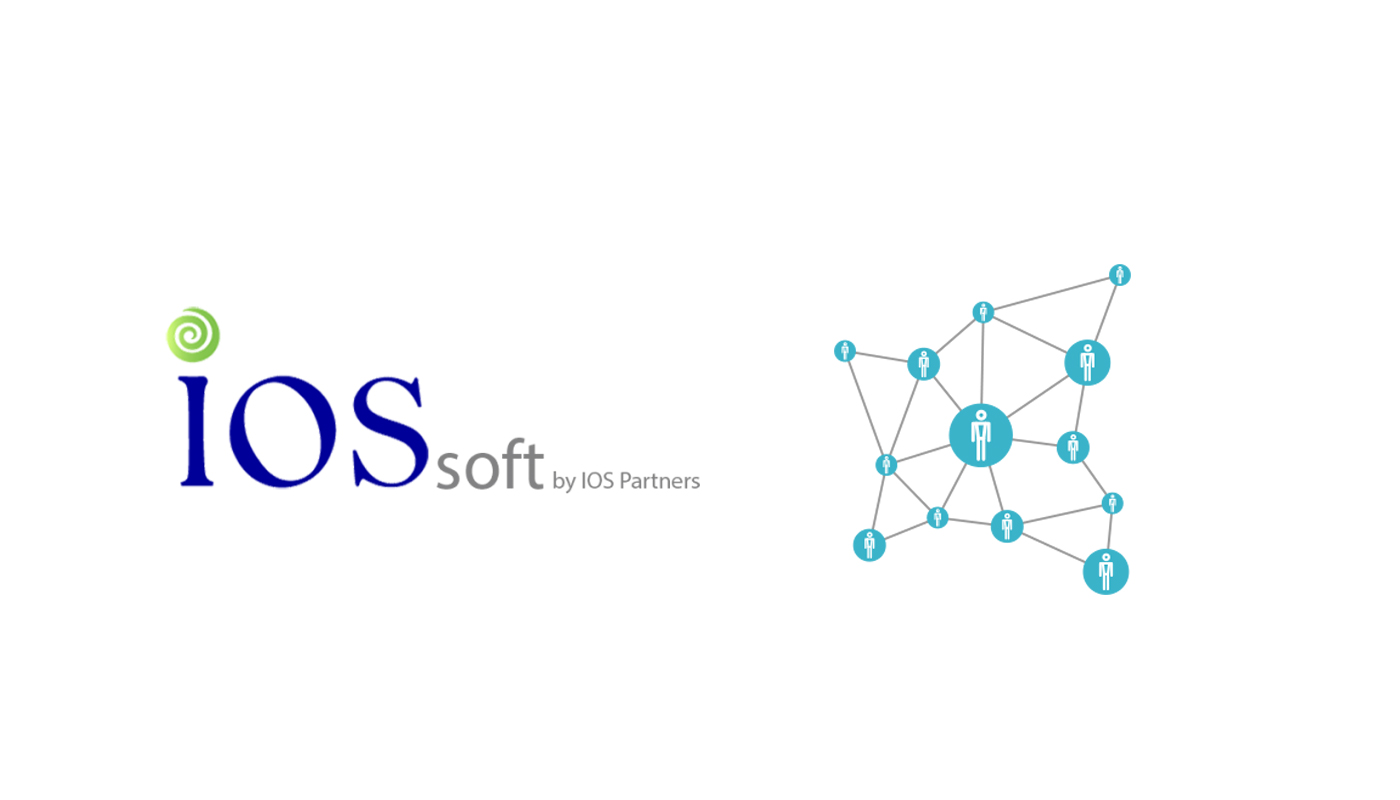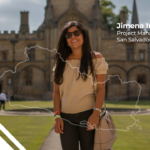Transactions, contracts and records are the foundational pillars of any economic, political and social activity. Unfortunately, these critical components have not kept up with the digital transformation of our economies and are thus in dire need of an upgrade. Blockchain promises to solve this issue, and is quickly emerging as one of the most important technologies shaping the future of international development. Being at the vanguard of information & communication technologies for development (ICT4D) and eGovernment solutions, IOSsoft follows the blockchain trend very carefully in order to assess the technology’s potential impact on governance and economic growth.
In its essence, blockchain is a digital and distributed ledger where any information regarding a transaction or activity is being recorded across a network of computers or nodes. Every transaction or new information must be cryptographically validated via a mechanism executed by the nodes before being permanently added as a new “block” at the end of the “chain”. As a result, there is no need for a central authority, like a lawyer, broker or a bank, to approve the transaction thus making blockchain a peer-to-peer trustless mechanism.
The benefits of using blockchain are potentially groundbreaking. Since the contracts are embedded in digital code and stored in transparent, shared databases, where they are protected from deletion, tampering, and revision. The access to these networks is restricted to the identified users and the digital ledger cannot be altered or tampered once the data is entered, making fraud less likely and easier to spot. In addition to this, any information or node update is seen by everyone in real-time, which increases the efficiency and speed of transactions.
The technology is still in its nascent state at the moment, with only 8% of all pilot projects eventually becoming active. Nonetheless, a number of countries have already been successful in implementing a number of ambitious blockchain based projects:
- United Arab Emirates – The Dubai Land Department (DLD), the government agency tasked with overseeing land purchases and approving real estate trades, launched a blockchain-powered system to help secure financial transactions, electronically record all real estate contracts, and connect homeowners and tenants to property-related billers, such as electrical, water and telecommunications utilities (Forbes).
- Estonia – This small Baltic country is already being called the Digital Republic or “blockchain nation” for its use of blockchain-based solutions for voting, identity management, and health care.
- United Kingdom – The UK government’s BaaS (blockchain-as-a-service) is already being used to track welfare paychecks and disburse student loan grants. (TokenTarget).
IOSsoft has successfully piloted a blockchain project of its own as part of the implementation of the Central Collateral Registry (CCRO) under the Ministry of Justice of the Kyrgyz Republic. The lack of technical standards and the uncertainty of the regulatory and legal frameworks are some of the major issues that keep this technology from being implemented more widely today. At the same time, it is inevitable that the global economy will operate on blockchain at some point in the near future, and that IOSsoft will be at the forefront of this initiative.







